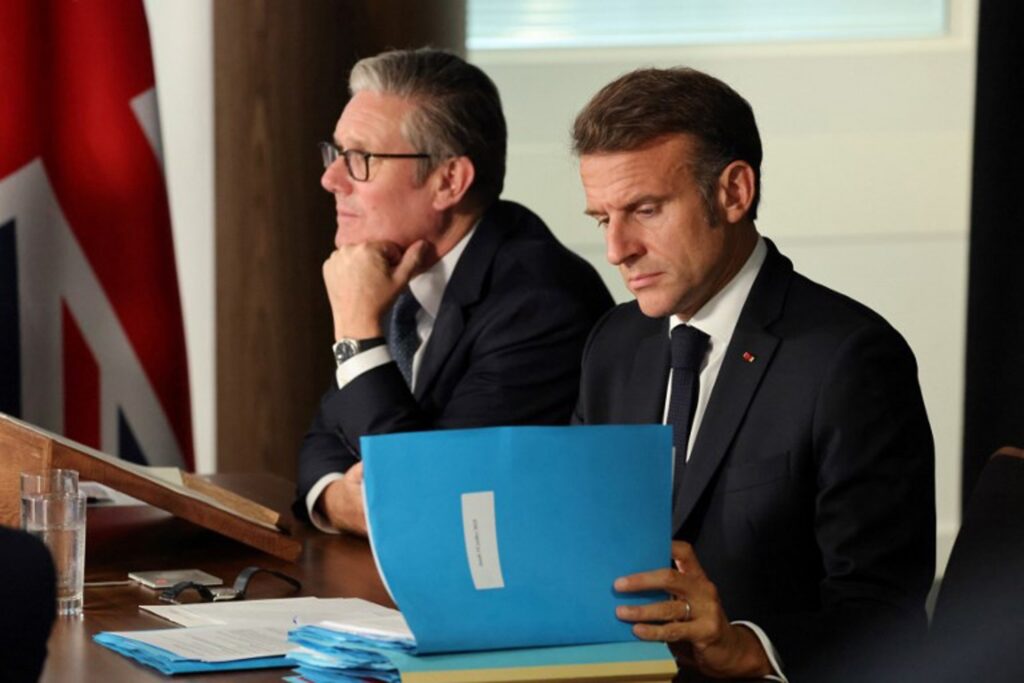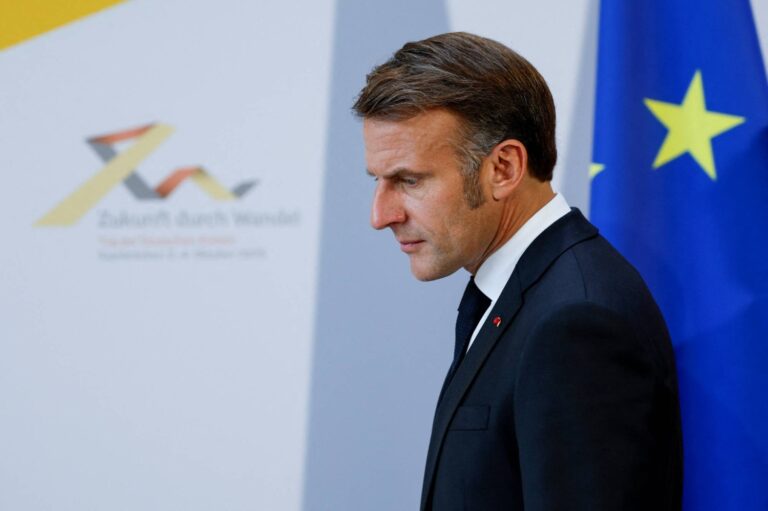
The UK-France migrant deal is now underway with Britain beginning to return some migrants who arrived by small boats, while accepting an equal number of vetted asylum seekers from France. This reciprocal pilot plan, known as “one in, one out,” aims to discourage dangerous Channel crossings and undercut people-smuggling networks.
Under the deal, Britain will send undocumented arrivals back to France within a few days of their arrival. In return, Britain will allow entry to a matching number of asylum seekers who meet strict eligibility criteria, including having family ties in the UK or coming from countries with a high chance of asylum approval. The UK government confirmed the first returns are expected to begin within days of the scheme launching.
The UK will cover all transport costs for both outbound and inbound transfers. The pilot aims to process around 50 individuals per week initially, although that figure could increase depending on performance. While dubbed a breakthrough in bilateral cooperation, critics argue the scale is too small to effectively deter irregular migration.
Home Secretary Yvette Cooper described the initiative as a strong deterrent against paying smugglers, saying it sends an unmistakable message that unsafe crossings will not lead to indefinite stays. She insisted the government has prepared robust policies to handle legal challenges, and that returns will occur swiftly—within three months of arrival at most.
Despite these assurances, concerns have emerged over procedural loopholes. Legal experts warned that migrants could exploit human rights claims or age disputes to delay deportation for extended periods. Unaccompanied minors and those filing rights-based appeals may avoid removal, potentially undermining the scheme’s effectiveness.
France has the option to reject returns if individuals face threats linked to public policy, security, health, or international relations. Yet, if officials do not respond within 28 days, the migrant must remain in the UK, raising questions about administrative delays impacting the process.
Early reports show that migrants have already been detained under the plan and held at removal centers pending action. The reciprocal pathway for vetted applicants in France has also opened, allowing them to apply, upload documentation, and undergo biometric and security checks in hopes of safe entry to the UK.
The UK-France migrant deal expires in June 2026, with options for extension or early termination. A joint oversight committee, including representatives from the European Commission, will monitor operations and address disputes as they arise.
Supporters say the agreement demonstrates renewed UK-EU cooperation on migration, while enhancing shared border control. However, several EU countries, especially in the Mediterranean, voiced concerns that France might become burdened with more asylum seekers under its existing responsibilities.
In sum, the UK-France migrant deal marks a landmark shift in policy—aiming to curb illegal Channel crossings through a measured swap system. As the pilot unfolds, its success will depend on swift implementation, legal resilience, and sustained political will.

